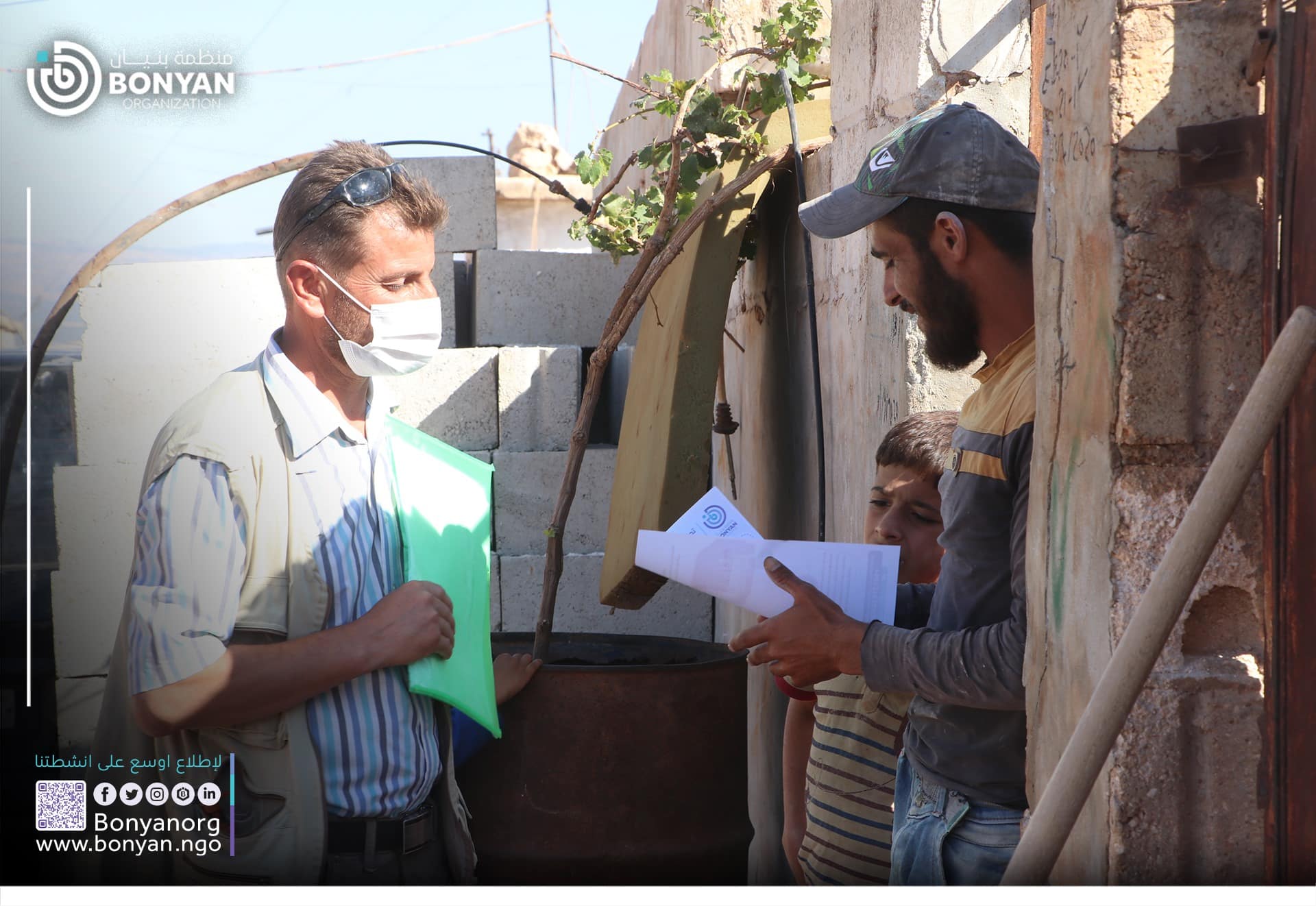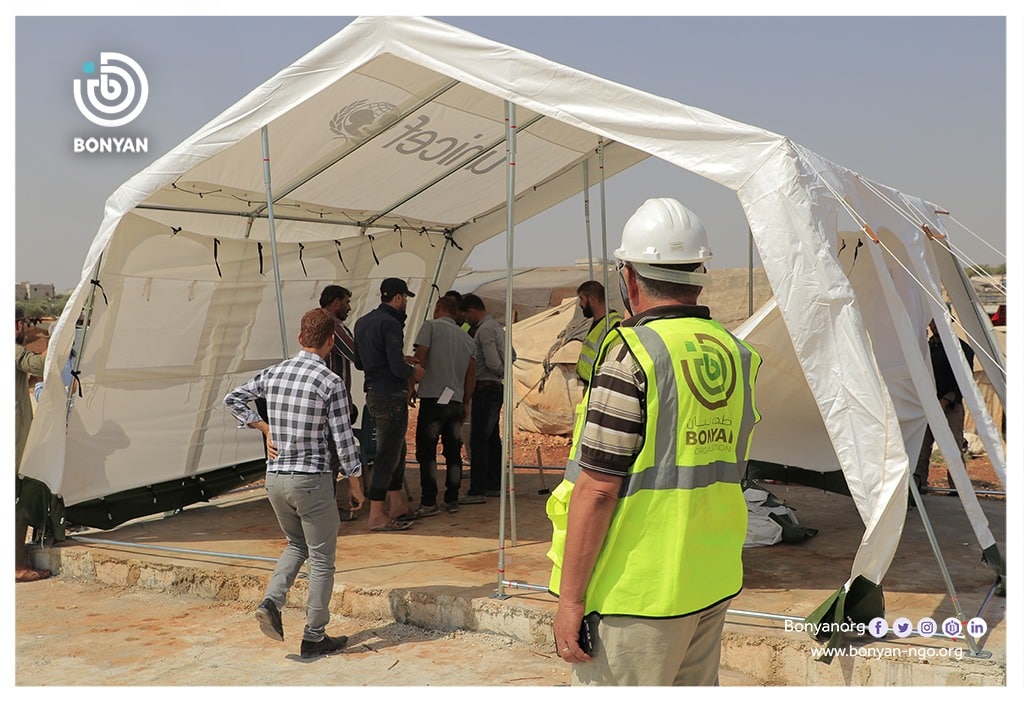Becoming Happy by Helping Others
Helping others stimulates the part of your brain that makes you feel happy.
It also releases the oxytocin hormone, which helps moderate emotions and social interactions.
The higher your oxytocin levels, the more generous you become.
The purpose of human life is to serve and show compassion and the will to help others.
Albert Schweitzer.
Researchers have found that feelings of contentment can help improve sleep, reduce fatigue, increase confidence, and even decrease depression.
One way to increase your sense of gratitude is to write down daily gratitude posts in your journal.
Spend Money on Helping Others
In a study conducted on 632 people, each person was asked to determine his income and monthly spending on gifts for himself, others, charities, bills, and expenses.
The study authors found that spending money on others – grants and donations – had a significant and positive impact on a person’s happiness.
This effect was not related to the amount of money a person earned.

Give Sadaqah and Zakat Donations to Help Others
Allah made zakat one of the pillars of the religion, and a person’s Islam is not valid if he does not pay zakat on his money.
And the greatest Prophet made a charity for the sake of closeness to Allah and the greatest reward, and countless prophetic hadiths and hundreds of verses in the Qur’an have been mentioned in this regard.
Charity extinguishes the wrath of Allah, and charity is proof and evidence of your sincerity with Allah, provided that you do not follow it with harm; you give charity for the sake of Allah without being proud of it or hurting the poor to whom you gave money and despising him, but rather treat him as a brother in Allah.
Volunteering to help the others
Volunteering keeps you in regular contact with others.
It helps you develop a solid support system, which in turn protects you against stress and depression when you’re going through challenging times.
Helping others kindles happiness, as many studies have demonstrated.
When researchers at the London School of Economics examined the relationship between volunteering and measures of happiness in a large group of American adults, they found that the more people volunteered, the happier they were, according to a study in Social Science and Medicine.
Compared with people who never volunteered, the odds of being “very happy” rose 7% among those who volunteer monthly and 12% for people who volunteer every two to four weeks.
Among weekly volunteers, 16% felt very happy—a hike in happiness comparable to having an income of $75,000–$100,000 versus $20,000, according to the researchers.

Smile, the Smile is Sadaqah
You are probably familiar with the effects of smiling on your own mind and body.
From living a better and longer life to appearing more approachable and confident, from reducing the risk of certain serious diseases to releasing hormones that help decrease stress levels, the benefits of smiling are plentiful.
But are you aware of the effect of a smile on others? Yes, when you smile, the people around you can benefit from it, too.
Countless studies have shown that the very act of seeing another person smile triggers an automatic muscular response that produces a smile on our face. Yes, smiling is contagious.
When someone else smiles at us, regardless of whether we know them or not, it automatically lifts our mood.
We can’t help but smile back in an almost involuntary act, which releases a wealth of benefits that we might not even be aware of.
Giving Gifts to Help the Others
We often give gifts to confirm or build our connection with others, which means they reflect the giver and recipient and their unique relationship.
When we give gifts to people we care about, we can express our feelings and gratitude for them.
Help Stranger
Empathy creates a connection that enables us to feel compassion.
We can sense the suffering of others and this gives rise to an impulse to alleviate their suffering, which in turn gives rise to altruistic acts.
Because we can feel with other people, we are motivated to help them when they are in need.

Blood donation to help others
Safe blood saves lives. Blood is needed by women with complications during pregnancy and childbirth, children with severe anemia, often resulting from malaria or malnutrition, accident victims, and surgical and cancer patients.
There is a constant need for a regular supply of blood because it can be stored only for a limited period of time before use.
Regular blood donation by a sufficient number of healthy people is needed to ensure that blood will always be available whenever and wherever it is needed.
Blood is the most precious gift that anyone can give to another person – the gift of life.
A decision to donate your blood can save a life, or even several, if your blood is separated into its components – red cells, platelets, and plasma – which can be used individually for patients with specific conditions.
Read More:
FAQ
How Do I Give Every Day?
– Offer Kindness Proactively.
– Volunteer Your Time.
– Donate to a Cause.
– Donate Unused Items.
– Smile and say Thank You.
How Can I Give Without Money?
– Give blood.
– Save materials.
– Volunteer.
– Perform chores.
– Donate discards.
– Provide your expertise.
– Give garden extras.
What Can I Give to Others?
– Give A Smile.
– Give A Kind Word.
– Give Out Good Thoughts.
– Give A Cheerful Disposition.
– Give Appreciation.
Is Zakat Earning or Saving?
Zakat-donation is one of Sadaqah’s types, our beloved Prophet Mohammad (SWT) said: “Charity never diminishes wealth.”.
How does helping others make you feel?
When you help others, you usually feel good about yourself. But sometimes, helping can leave you feeling used, unappreciated, or resentful. That’s because whether helping makes you feel good or bad depends on the motivation behind your actions, and whether the person you’re helping feels grateful. Here are a few things to remember the next time you consider helping someone out:
-Make sure your motives are pure. If you only help others when you expect something in return, your actions may come across as self-serving. This can leave the other person feeling used, and it will probably damage your relationship.
-Set boundaries ahead of time. If you’re worried about being taken advantage of, make your boundaries clear from the start. Let the other person know what you’re willing to do—and what you’re not willing to do—before they even ask for help. This will prevent any misunderstandings later on.



